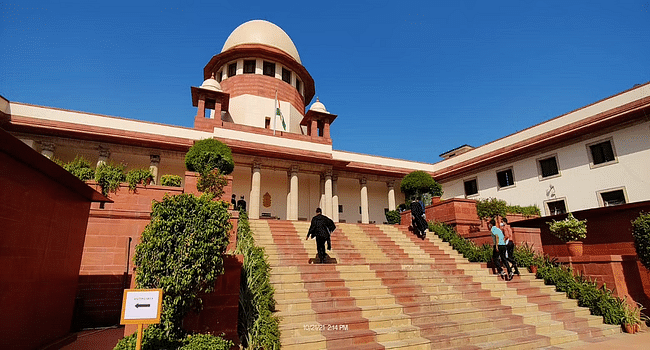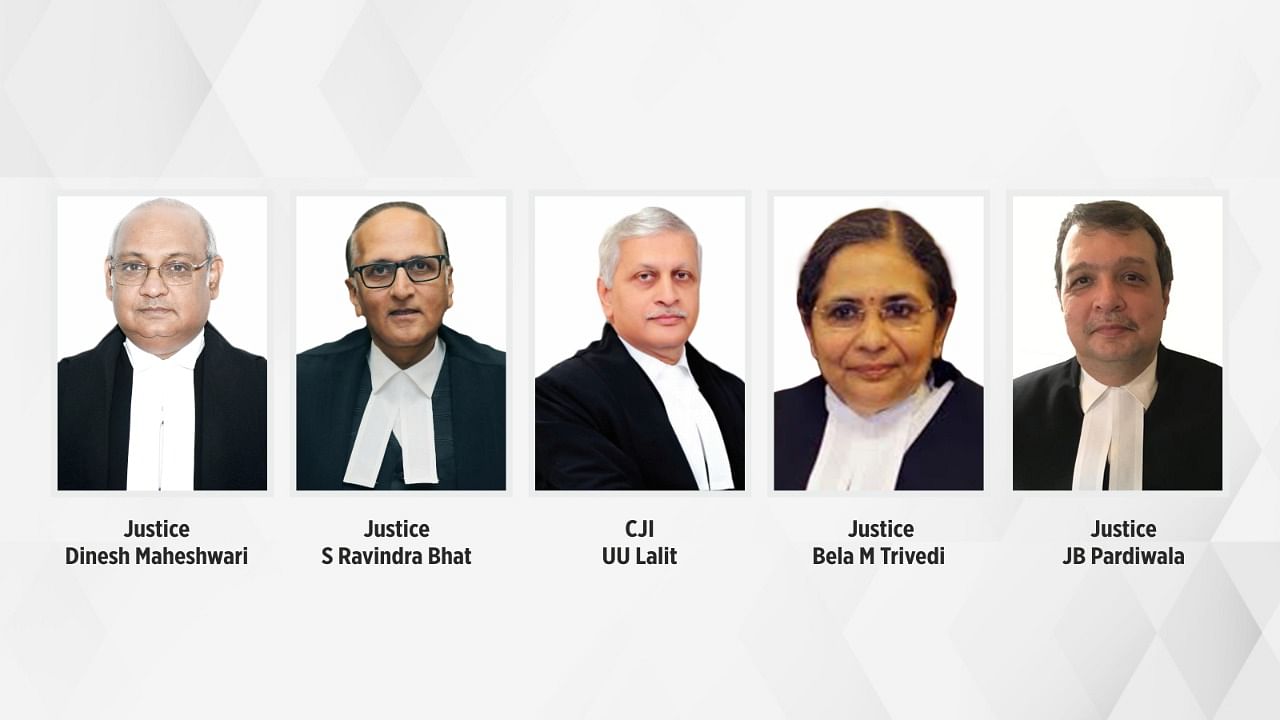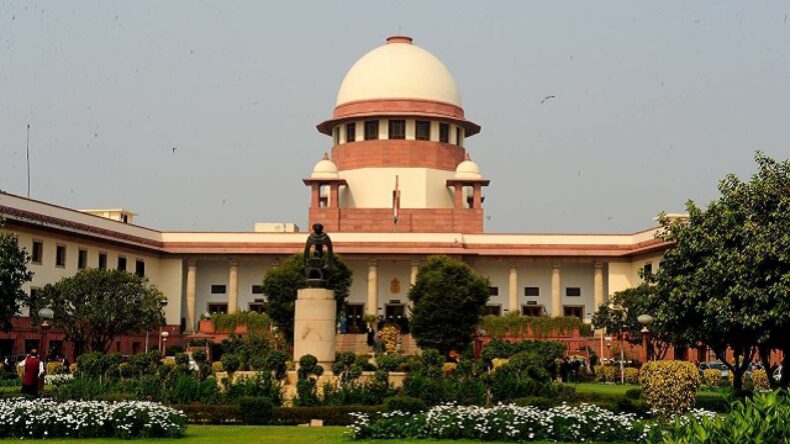The Apex Court , yet again, comes across a predicament as the bench has to figure out if ews reservation is a fair step to take for the progress of our nation or is it stealing from the minority castes!
LATEST NEWS
The Constitution (103rd Amendment) Act created a 10% quota for Economically Weaker Sections (EWS) in government positions and admissions. On Tuesday, the Supreme Court started hearing arguments about whether this act violates the fundamental principles of the Constitution.
Legal expert G Mohan Gopal made the following claim during his presentation of the petitioners’ case in court on Tuesday: “The 103rd amendment is a fraud on the Constitution. The country is actually being divided along caste lines on a practical level.
It will alter peoples’ perceptions of the Constitution as something that defends the powerful rather than the weak, he continued.
Gopal said that reservation is only necessary to “ensure representation so that it does not eat away equality of opportunity which is the concern of the backward classes” and that the amendment is “an attack on the constitutional ideal of social justice.”

The case is being heard by a five-judge Constitution Bench, which is presided over by Chief Justice of India U. U. Lalit and includes Justices S. Ravindra Bhat, Dinesh Maheshwari, S. B. Pardiwala, and Bela Trivedi.
In August 2020, the EWS quota challenge was referred to a five-judge Bench.
MOTIVE OF THE HEARING
To determine whether the change was genuine, the Bench made the decision to look into three important points. These comprised:
1) Whether the 103rd Constitutional Amendment, which allows the state to implement exceptional measures, including reservations, based on economic reasons, violates the Constitution’s fundamental principles
2) Whether the amendment, by allowing the state to set up particular rules for admission to for-profit colleges, violates the fundamental framework.
3) Whether “excluding the SEBCs (Socially and Educationally Backward Classes), OBCs (Other Backward Classes), SCs (Scheduled Castes), STs (Scheduled Tribes) from the purview of EWS reservation” is in violation of the fundamental structure.
CASE HISTORY
The petitions contest the constitutionality of the 2019 Constitution (103rd) Amendment Act. The provision of economic reservation in employment and education was recommended.

Articles 15 and 16 of the Constitution will now contain clause (6) thanks to a change that the Parliament approved in January 2019. The recently added Article 15(6) gave the State the ability to implement special measures, such as reservations in educational institutions, for the advancement of any economically underprivileged group of individuals. It indicates that such reservations may be made at any educational institution, including private colleges, whether funded by public or private sources.
With the exception of minority educational institutions protected by Article 30 (1). Additionally, it indicates that the reservation’s maximum percentage will be 10%.
This will go beyond the current reservations. Following the President’s notification of the amendment,
The president of SFRBC, V. Rathinasabapathy, told the media in Coimbatore that the Supreme Court has stated in previous orders that reservations cannot be understood as a strategy to combat poverty. Reservations are intended to give representation for the underrepresented communities in terms of social mobility and educational attainment.
Additionally, he claimed that the Central government has been working to uphold the rule and highlighted the 1992 ruling by the Constitutional Bench of the Supreme Court in the case of Indra Sawhney v. Union of India, which found the 10% reservation for the EWS to be unconstitutional.
But past 20 years the nation has experienced shifts which should be considered as the difference in India of 1992 and today’s India is plenty.
WHAT IS THE EWS BILL/QUOTA?
The EWS bill was released by the Ministry of Social Justice and Empowerment (SJE) specifically to enhance the economic security of India’s poorer portion. It was presented in accordance with Articles 15(4) and 16 of the Economic Weaker Section Reservation Bill (4). Due to this, a budget of Rs. 4315.15 crore was approved for the bill in order to implement the scheme’s benefits.

The accumulated income and property assets will be used to establish the qualifying requirements to apply for the EWS bill. Reservations for OBC are not included in this bill. Therefore, it only applies to those who fall under the General category and not to SC, ST, or OBCs. If the candidate does not already get any other SC or ST benefits, they may apply for EWS benefits. Read More
Eligibility Requirements for EWS Benefits.
- The candidate needs to fall under the General category.
- The family’s annual total income should be less than Rs. 8 lakh (including profit from the business, agriculture, professional services)
- The person or their family should live close to slum regions, whether in an urban or rural setting.
- In rural or urban civilization, physical labour, household work, and artisanship are the main sources of revenue.
- National Rural Employment Guarantee Act participant (NREGA)
- Possession of no more than 5 acres of agricultural property by a single person or family
- belonging to a household where the female head is
- both parents’ lower secondary education was completed at matriculation schools
Read More: Supreme Court Stays Proceedings in Kerala HC on EWS Reservation












